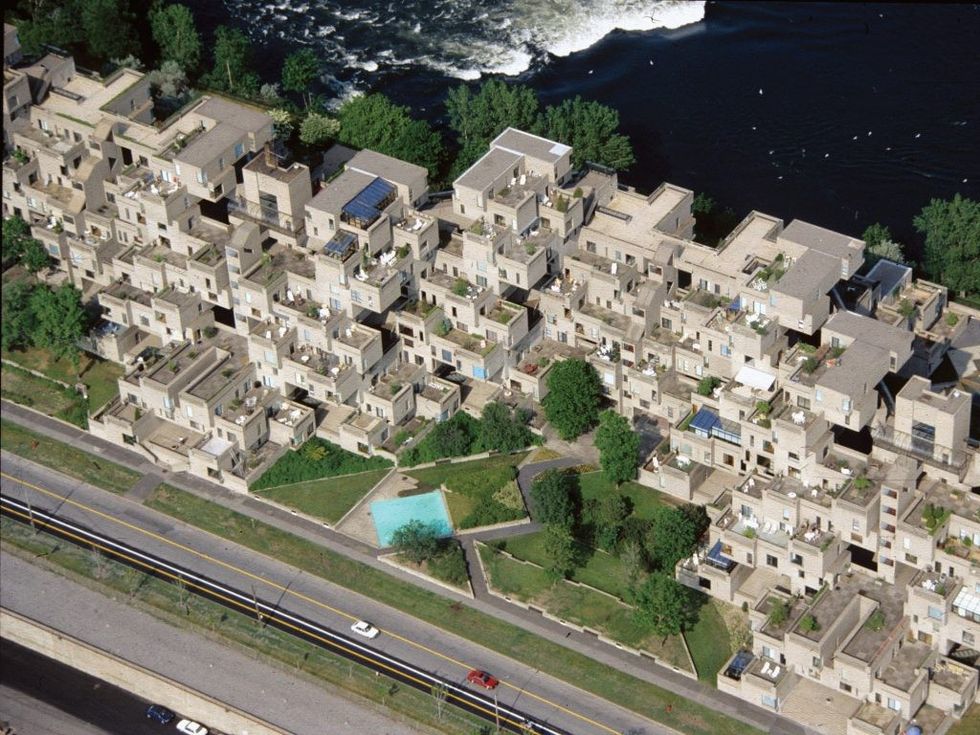McGill University just got gifted a priceless architectural archive.
Moshe Safdie, the renowned architect behind some of the world’s most celebrated buildings, has donated his professional archive to his alma mater, Montreal’s McGill University. The university is known for its top-notch architecture program.
Safdie also pledged his personal apartment at Montreal's famed Habitat 67 to ensure that it remains a resource for the University and the public at large, says McGill University in a press release.
Consisting of over 100,000 pieces, including loose sketches, sketchbooks, models, drawings, and correspondence related to unbuilt and built projects across the globe, Safdie’s collection represents one of the most extensive and thorough individual collections of architectural documentation in Canada.
Included is the original model and master copy of his McGill undergraduate thesis, ‘A Case for City Living’, which inspired his design for the Habitat 67 residence -- a major exhibition built for the 1967 World Exposition in Montreal, and turning point in modern architecture.

The centerpiece of the archive will be Safdie’s personal apartment at the iconic Habitat 67 housing complex. The four-module duplex unit will serve as a resource for scholarly research, artist-in-residence programs, exhibitions, and symposia, thereby expanding the impact of the collection. Fondation Habitat 67, a non-profit foundation, will collaborate with McGill on the preservation and maintenance of the apartment as part of its mandate to promote the property for public educational activities.
“On behalf of the McGill community, I would like to express our gratitude to Moshe Safdie for his remarkable gift,” said McGill Principal Suzanne Fortier. “This is a historic moment for McGill. One of the most influential and important architectural archives in the world, from one of our most celebrated graduates, will forever be a part of our University.”
Moshe Safdie noted, “I have always valued the great education I received at McGill that has guided me through my professional life. Moreover, Canada has embraced and supported me, making possible the realization of several seminal projects. It is therefore fitting that McGill, Quebec, and Canada will be the home of my life’s work.”





















